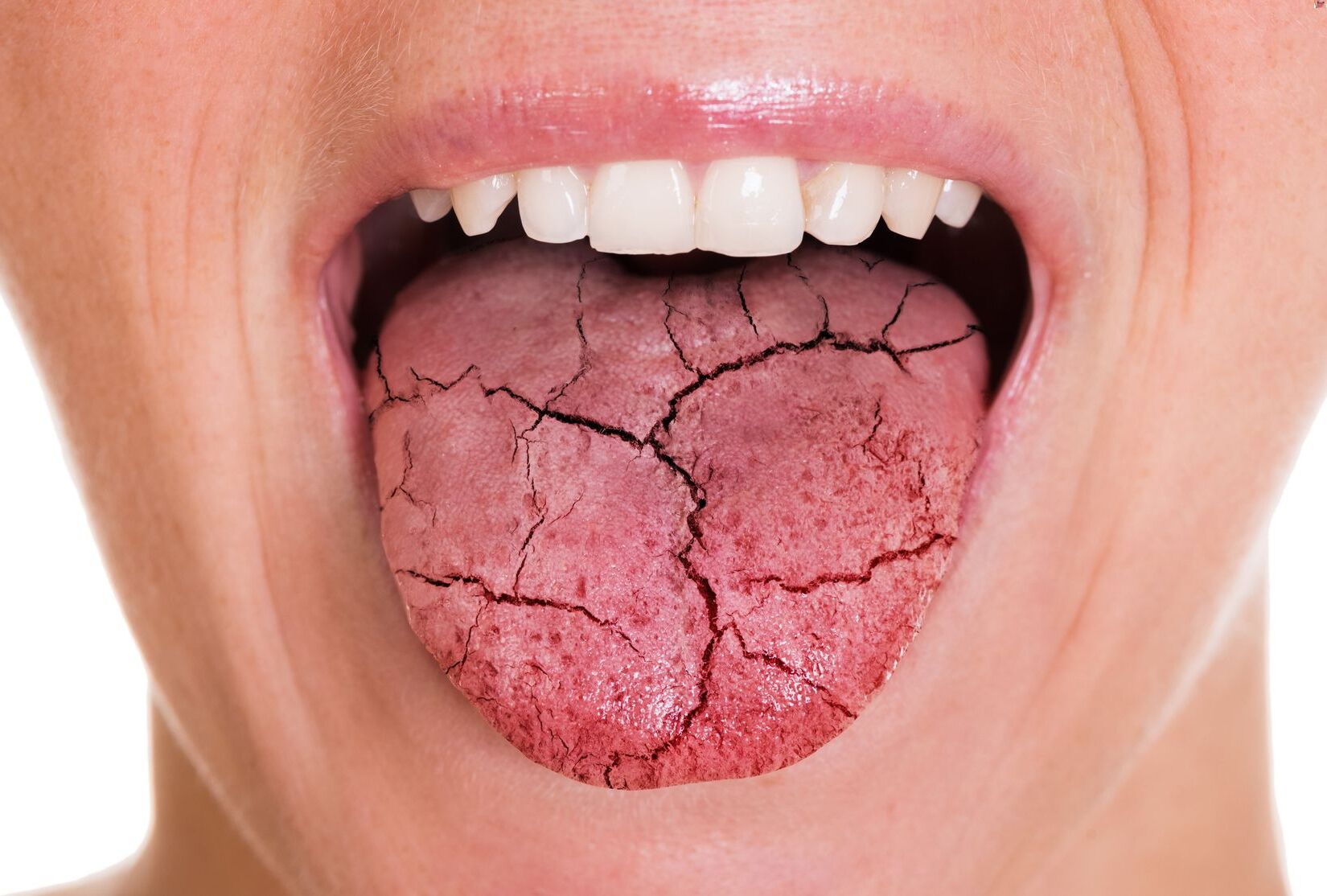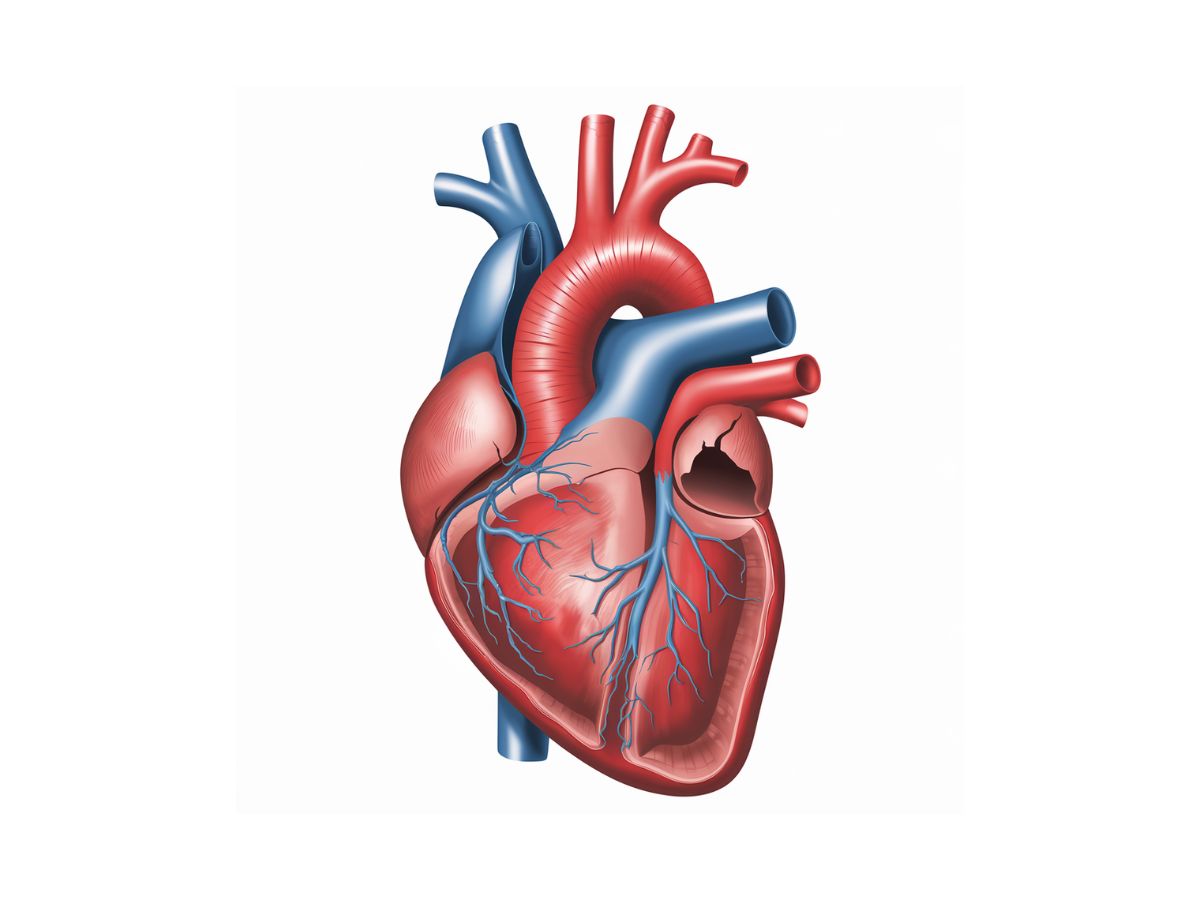
Xerostomia, commonly known as dry mouth, affects many people worldwide. Ever wondered why your mouth feels like a desert sometimes? Xerostomia occurs when your salivary glands don't produce enough saliva. This can be due to various reasons such as medications, aging, or certain medical conditions. Dry mouth isn't just uncomfortable; it can lead to difficulties in speaking, eating, and even increase the risk of dental problems. Understanding the causes and effects of xerostomia can help in managing it better. In this post, we'll dive into 50 intriguing facts about xerostomia that will help you understand this condition more deeply.
Key Takeaways:
- Dry mouth, or xerostomia, can be caused by medications, radiation therapy, dehydration, autoimmune diseases, and aging. It can lead to discomfort, difficulty eating, and oral health issues.
- To manage xerostomia, staying hydrated, using saliva substitutes, and avoiding certain foods can help. Regular dental check-ups and good oral hygiene are crucial for preventing complications.
What is Xerostomia?
Xerostomia, commonly known as dry mouth, occurs when the salivary glands don't produce enough saliva. This condition can be uncomfortable and affect daily life.
- Xerostomia is often a side effect of certain medications.
- It can be caused by radiation therapy, especially for head and neck cancers.
- Dehydration is a common trigger for dry mouth.
- Autoimmune diseases like Sjogren's syndrome can lead to xerostomia.
- Aging naturally reduces saliva production, increasing the risk of dry mouth.
Symptoms of Xerostomia
Recognizing the symptoms of xerostomia can help in seeking timely treatment. Here are some common signs to watch for.
- A sticky, dry feeling in the mouth is a primary symptom.
- Difficulty chewing, swallowing, or speaking can indicate dry mouth.
- A burning sensation on the tongue or other parts of the mouth.
- Cracked lips and sores at the corners of the mouth.
- A dry, rough tongue is another common symptom.
Effects on Oral Health
Xerostomia doesn't just cause discomfort; it can also impact oral health significantly.
- Increased risk of tooth decay due to lack of saliva.
- Higher chances of developing gum disease.
- Bad breath is a frequent issue for those with dry mouth.
- Difficulty wearing dentures comfortably.
- Saliva helps neutralize acids; without it, enamel erosion can occur.
Diagnosis and Tests
Diagnosing xerostomia involves a combination of patient history and specific tests.
- Dentists often use questionnaires to assess symptoms.
- Sialometry measures the flow rate of saliva.
- Imaging tests like sialography can visualize salivary glands.
- Biopsy of salivary gland tissue may be necessary in some cases.
- Blood tests can help identify underlying conditions like Sjogren's syndrome.
Treatment Options
Managing xerostomia involves various treatments to alleviate symptoms and address underlying causes.
- Drinking plenty of water helps keep the mouth moist.
- Sugar-free gum or candies can stimulate saliva production.
- Saliva substitutes and oral moisturizers are available over the counter.
- Prescription medications like pilocarpine can increase saliva flow.
- Good oral hygiene practices are crucial for managing dry mouth.
Home Remedies and Lifestyle Changes
Simple changes at home can make a big difference in managing xerostomia.
- Using a humidifier at night can help keep the mouth moist.
- Avoiding caffeine and alcohol, which can dry out the mouth.
- Chewing sugar-free gum can stimulate saliva production.
- Sucking on ice chips can provide temporary relief.
- Eating moist, soft foods can make swallowing easier.
Foods to Avoid
Certain foods can exacerbate xerostomia symptoms. Knowing what to avoid can help manage the condition better.
- Spicy foods can irritate a dry mouth.
- Salty snacks can worsen dryness.
- Acidic foods like citrus fruits can cause discomfort.
- Dry, crumbly foods can be hard to swallow.
- Sugary foods increase the risk of tooth decay.
Complications of Untreated Xerostomia
Ignoring xerostomia can lead to several complications, affecting overall health.
- Chronic dry mouth can lead to malnutrition due to difficulty eating.
- Increased risk of oral infections like thrush.
- Persistent bad breath can affect social interactions.
- Severe tooth decay may require extensive dental work.
- Difficulty speaking can impact communication.
Preventive Measures
Taking steps to prevent xerostomia can help maintain oral health and comfort.
- Regular dental check-ups to monitor oral health.
- Staying hydrated throughout the day.
- Using fluoride toothpaste to protect teeth.
- Avoiding tobacco products, which can dry out the mouth.
- Managing underlying health conditions effectively.
Interesting Facts About Xerostomia
Here are some lesser-known facts about xerostomia that might surprise you.
- Saliva contains enzymes that aid in digestion.
- Saliva also has antibacterial properties, protecting the mouth.
- Some people experience dry mouth only at night.
- Stress and anxiety can contribute to xerostomia.
- Certain genetic factors can make individuals more prone to dry mouth.
Key Takeaways on Xerostomia
Xerostomia, or dry mouth, affects many people and can lead to serious oral health issues. Staying hydrated, avoiding caffeine and alcohol, and using saliva substitutes can help manage symptoms. Regular dental check-ups are crucial for preventing complications like tooth decay and gum disease. Certain medications and medical conditions can cause xerostomia, so discussing symptoms with a healthcare provider is important. Simple lifestyle changes, like chewing sugar-free gum or using a humidifier, can also provide relief. Remember, addressing dry mouth early can prevent more severe problems down the line. Stay proactive about your oral health and seek professional advice if you experience persistent symptoms. By understanding and managing xerostomia, you can maintain a healthier, more comfortable mouth.
Frequently Asked Questions
Was this page helpful?
Our commitment to delivering trustworthy and engaging content is at the heart of what we do. Each fact on our site is contributed by real users like you, bringing a wealth of diverse insights and information. To ensure the highest standards of accuracy and reliability, our dedicated editors meticulously review each submission. This process guarantees that the facts we share are not only fascinating but also credible. Trust in our commitment to quality and authenticity as you explore and learn with us.


